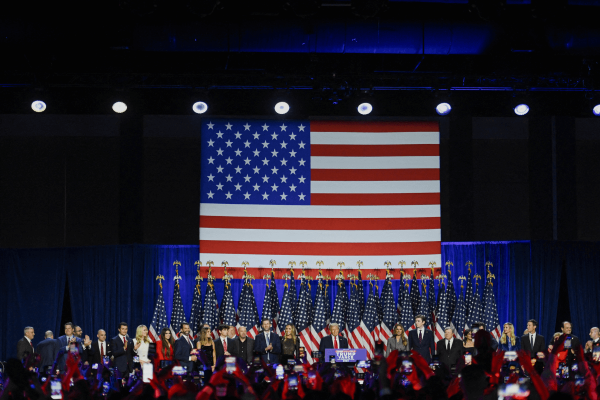Nov 6, 2024
President-elect Trump, according to the Associated Press, has won the White House. He won the election in part by courting conservative religious communities — and appealing to their anxieties — on the campaign trail. His policy agenda will likely be shaped by these groups, influencing the White House on a range of issues from education to reproductive rights.
Read the Full Article

Already a subscriber? Login
